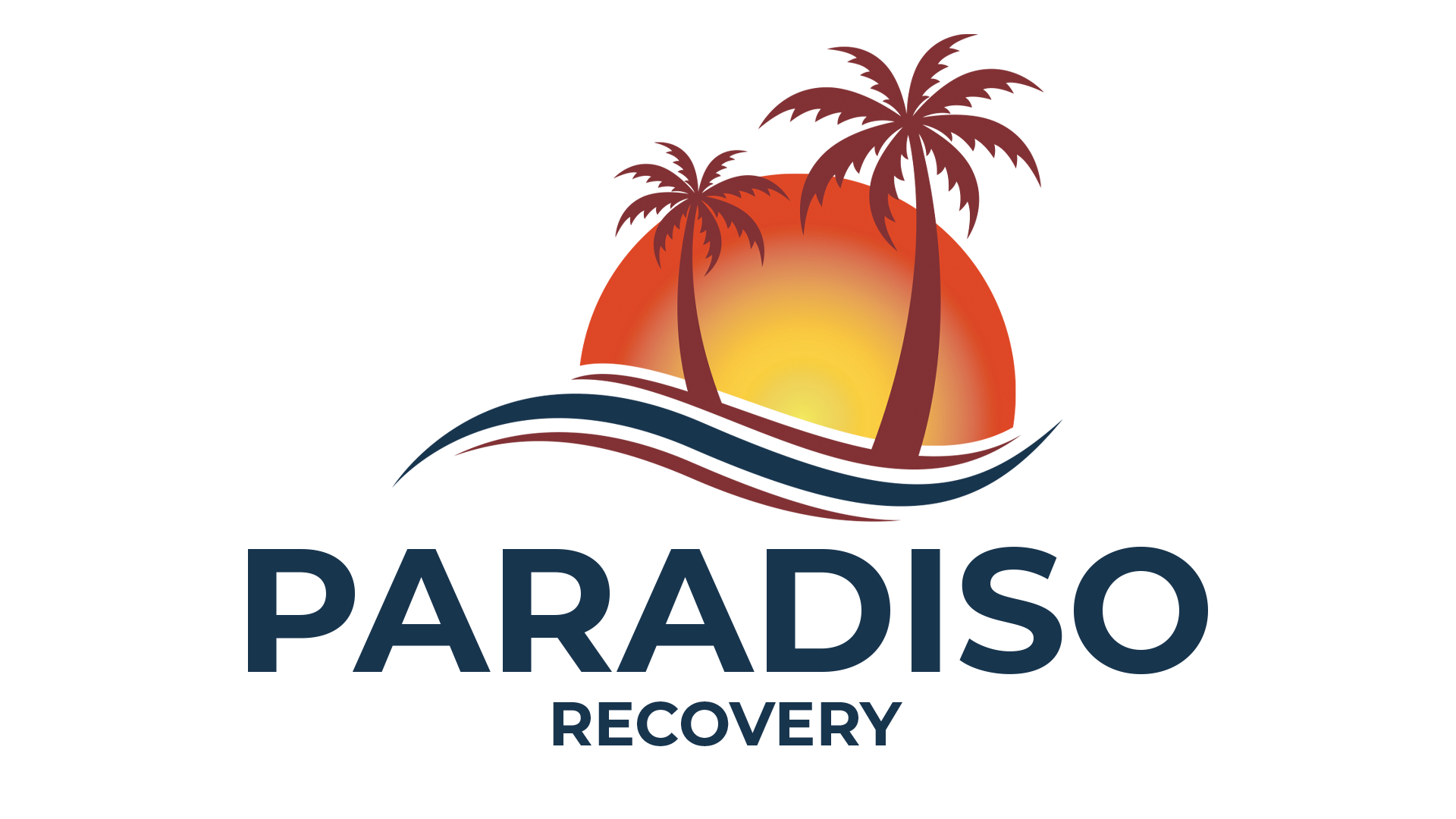In the realm of human behavior and psychology, two terms that are often used interchangeably are addiction and obsession. While they may appear similar on the surface, it is crucial to recognize that they represent distinct psychological phenomena. In this comprehensive guide, we delve into the nuances that set addiction and obsession apart, shedding light on their characteristics, causes, and potential impacts on individuals.
Addiction: A Complex Dependency
Definition: Addiction is a complex psychological and physiological phenomenon characterized by a compulsive need for a substance or behavior, often leading to detrimental consequences on one’s physical, mental, and social well-being.
Key Features of Addiction:
- Compulsion: Individuals experiencing addiction are driven by an overwhelming urge to engage in a particular activity or consume a substance.
- Loss of Control: They find it challenging to regulate their behavior, often leading to excessive consumption or engagement.
- Tolerance and Withdrawal: Over time, individuals may develop a tolerance, requiring higher doses for the same effect. Additionally, withdrawal symptoms may arise when the substance or behavior is discontinued.
Common Types of Addiction:
- Substance addiction (e.g., drugs, alcohol)
- Behavioral addiction (e.g., gambling, gaming, shopping)
Causes of Addiction: Addiction can stem from a combination of genetic, environmental, and psychological factors. Genetic predispositions, traumatic experiences, and social influences all play a role in the development of addictive behaviors.
Impact on Individuals: Addiction can have far-reaching consequences, affecting physical health, mental well-being, relationships, and overall quality of life. Seeking professional help and support networks are crucial steps towards recovery.
Obsession: Intense, Intrusive Thoughts
Definition: Obsession refers to the persistent, intrusive, and distressing thoughts, images, or impulses that dominate an individual’s mind, often leading to significant distress and anxiety.
Key Features of Obsession:
- Intrusive Thoughts: Individuals experience recurrent and unwanted thoughts that may be disturbing or distressing.
- Compulsive Behaviors: In response to these obsessions, individuals may engage in repetitive behaviors or mental acts (compulsions) as a way to alleviate anxiety or prevent a feared event.
Common Types of Obsessions:
- Contamination fears
- Symmetry and orderliness concerns
- Aggressive or violent thoughts
- Hoarding tendencies
Causes of Obsession: Obsessive thoughts and behaviors are believed to arise from a combination of genetic, neurological, and environmental factors. Conditions such as obsessive-compulsive disorder (OCD) are characterized by these persistent patterns of obsession and compulsion.
Impact on Individuals: Obsessions can significantly impair daily functioning, leading to increased anxiety levels and reduced quality of life. Seeking professional help, often in the form of therapy and, in some cases, medication, can provide effective management strategies.
Differentiating Between Addiction and Obsession
While addiction and obsession share some similarities, the key distinction lies in the nature of the compulsive behavior. Addiction primarily revolves around a dependency on substances or activities, often leading to physical and psychological harm. On the other hand, obsession involves intrusive thoughts and compulsive behaviors, which can be distressing and time-consuming.
In conclusion, understanding the fundamental differences between addiction and obsession is crucial for accurate diagnosis and effective treatment. While both phenomena can have significant impacts on individuals’ lives, tailored interventions and support systems can pave the way towards recovery and improved well-being.
If you or a loved one is grappling with alcoholism and seeking a path towards recovery, Paradiso Recovery stands as a beacon of hope and healing. With a team of dedicated professionals, state-of-the-art facilities, and a holistic approach to rehabilitation, Paradiso Recovery is committed to guiding individuals towards lasting sobriety. Our tailored programs encompass a range of evidence-based therapies, ensuring that each individual receives the personalized care they deserve. To take the first step towards a brighter, alcohol-free future, contact us now. Our compassionate staff is available to provide information, answer questions, and support you on your journey to recovery. Don’t hesitate; reach out today and embark on the road to a healthier, more fulfilling life.

